About Us
Learn how ADAC is driving climate adaptation and socio-ecosystem resilience in East Africa.
Who We Are
Driving Climate Resilience Through Collaboration and Innovation.
The Doctoral Alliance for Climate Adaptation (ADAC) is a project aiming to create a regional space for research and innovation based on participatory and educational research geared towards solutions and local innovation, with priority given to the most vulnerable socio ecosystems: semi-nomadic agro-pastoral systems, mangroves and coastal areas, lakes and rivers, mountain agro-ecosystems and peri-urban areas.
It is a regional cooperation project funded to the tune of €1m by the Fonds Equipe France.
- Co-piloted by the Djibouti Ministry of Higher Education and Research (Dr Nabil Mohamed Ahmed) and the French Embassy in Djibouti (SE Dana Purcarescu)
- Operated by the Centre d’Etude et de Recherches de Djibouti (Dr Jalludin Mohamed) and the IRD in Kenya (Dr Paul Calatayud).
- Technically coordinated by Expertise France (David Williamson, ETI).
The project brings together a college of ESR partners from East Africa (Djibouti, Ethiopia, Tanzania, Kenya and Somalia), and the relevant french embassies in the region, with a view to expanding to the whole of East Africa and beyond.
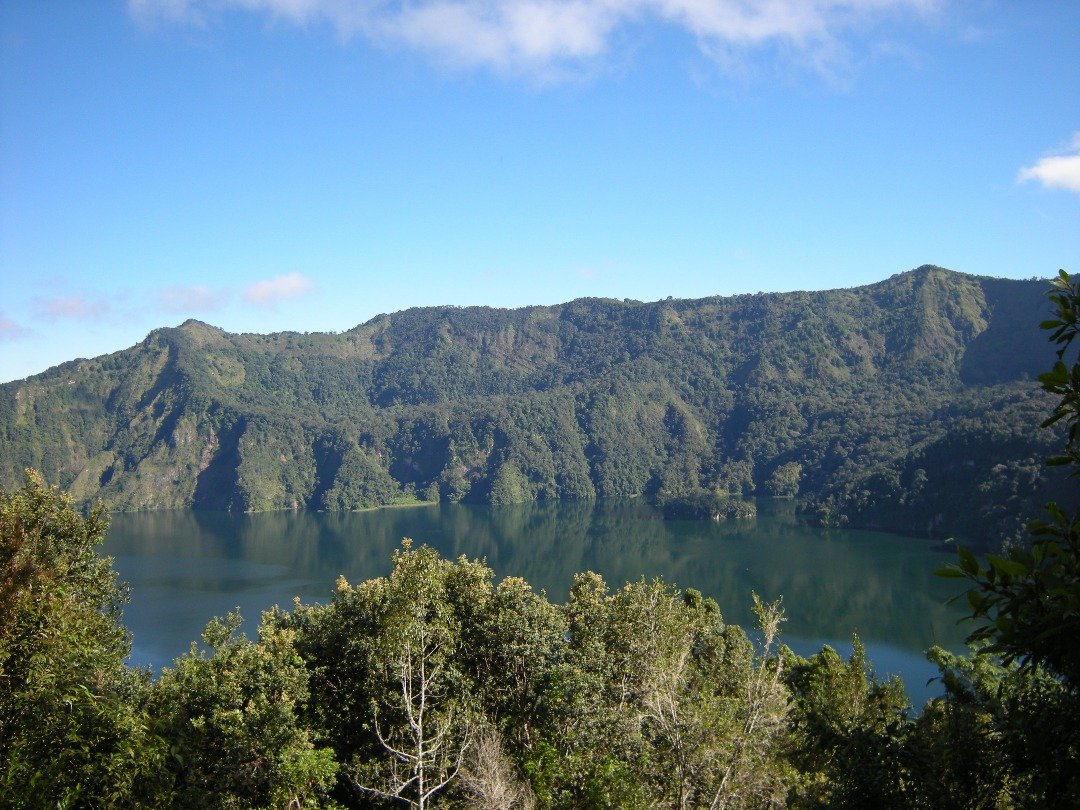

Our Mission
To rehabilitate and adapt East Africa’s socio-ecosystems by fostering research, empowering communities, and creating sustainable solutions to combat climate change
Our Vision
A future where East Africa thrives with resilient communities and ecosystems, equipped to meet the challenges of climate change through innovation and collaboration.
History
Invited by CERD Director General its objective was to gather the main East African partners to work on a new approach to capacity building. This is based on doctoral and post-doctoral research, focused on local adaptation and resilience priorities through the medium- and long-term acquisition of new data on the functioning of the most essential socio-ecological systems. The territories and participatory observation networks involved in this two-pronged approach would be called Priority Adaptation and Innovation Zones (ZAPI).
The ADAC regional project thus proposed to initiate the first international doctoral alliance for the adaptation of the tropical socio-ecological ecosystems most vulnerable to climate change and globalisation in East Africa. The research undertaken as part of this alliance would initiate and contribute to the operation of a network of ZAPIs over the long term. These "in natura" laboratories would support the creation of an open regional space for research and innovation, dedicated to climate adaptation, mitigation, and resilience.
More than 70 participants in Djibouti supported the first assembly of the Doctoral Alliance for Climate Adaptation. Mme Dana Purcarscu (French ambassador in Djibouti), Dr Paul Calatayud (IRD representative in Kenya), Dr Jalludin Mohamed (GM of CERD) and Dr Nabil Mohamed (Minister of Higher Education and Research of Djibouti), as well as the main participants and stakeholders involved, reiterated the importance of ADAC in meeting the challenges of climate adaptation in the region: broad consultation within the scientific community and with sustainable development players in Africa, committed and open-minded discussions that address all the components and sectors needed to adapt the most strategic socio-ecosystems, and approaches that integrate the contribution of new knowledge and technologies to local demand for resilience and to existing knowledge.
Committed to Priority Adaptation and Innovation Zones, rigorous and sustainable scientific approaches are particularly appreciated, as is their participatory dimension. The sector representatives (water, agriculture, health, risks, environment) stressed the need to be able, as soon as possible, to provide reliable responses to the many challenges of adaptation, particularly in terms of water management, flood risk prevention and infrastructure, agricultural production, climate mitigation and biodiversity conservation, renewable energies, prevention, support for or reception of refugees, and health.
Each component was introduced and discussed during the plenary meeting, and specifically addressed the next day, on December 3rd, with meetings of the ADAC Steering Committee (COPIL) and Scientific Committee who set up the ongoing priorities to be completed in the upcoming 2 months.
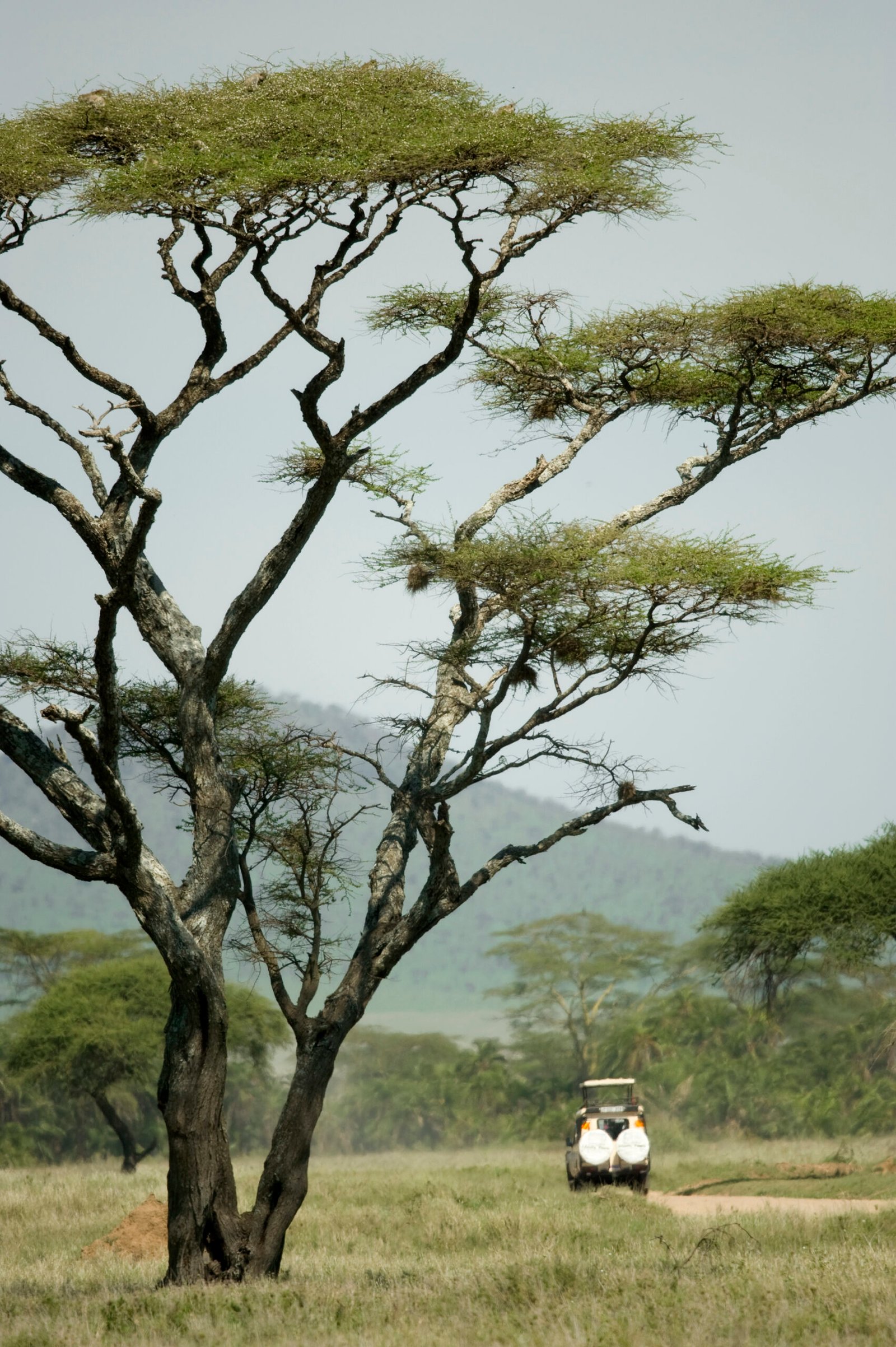
History
The first important discussion in the history of ADAC was the “Climate Adaptation and Resilience” workshop held on 23-25 May 2023 in Djibouti at the invitation of the CERD Director General. Its objective was to gather the main East African partners to work on a new approach to capacity building. This is based on doctoral and post-doctoral research, focused on local adaptation and resilience priorities through the medium- and long-term acquisition of new data on the functioning of the most essential socio-ecological systems. The territories and participatory observation networks involved in this two-pronged approach would be called Priority Adaptation and Innovation Zones (ZAPI).
The ADAC regional project thus proposed to initiate the first international doctoral alliance for the adaptation of the tropical socio-ecological ecosystems most vulnerable to climate change and globalisation in East Africa. The research undertaken as part of this alliance would initiate and contribute to the operation of a network of ZAPIs over the long term. These “in natura” laboratories would support the creation of an open regional space for research and innovation, dedicated to climate adaptation, mitigation, and resilience.
On 2 December 2024, more than 70 participants in Djibouti supported the first assembly of the Doctoral Alliance for Climate Adaptation. Mme Dana Purcarscu (French ambassador in Djibouti), Dr Paul Calatayud (IRD representative in Kenya), Dr Jalludin Mohamed (GM of CERD) and Dr Nabil Mohamed (Minister of Higher Education and Research of Djibouti), as well as the main participants and stakeholders involved, reiterated the importance of ADAC in meeting the challenges of climate adaptation in the region: broad consultation within the scientific community and with sustainable development players in Africa, committed and open-minded discussions that address all the components and sectors needed to adapt the most strategic socio-ecosystems, and approaches that integrate the contribution of new knowledge and technologies to local demand for resilience and to existing knowledge.
Committed to Priority Adaptation and Innovation Zones, rigorous and sustainable scientific approaches are particularly appreciated, as is their participatory dimension. The sector representatives (water, agriculture, health, risks, environment) stressed the need to be able, as soon as possible, to provide reliable responses to the many challenges of adaptation, particularly in terms of water management, flood risk prevention and infrastructure, agricultural production, climate mitigation and biodiversity conservation, renewable energies, prevention, support for or reception of refugees, and health. To achieve this, ADAC’s four components are complementary:
- Component 1: international governance, sustainability science and an ‘open science’ database/knowledge exchange portal on the resilience of socio-ecosystems
- Component 2: doctoral and post-doctoral research into adaptation solutions
- Component 3: setting up priority adaptation and innovation zones, dedicated to the production of new knowledge in partnership with the players involved in the resilience of socio-ecosystems
- Component 4: research schools dedicated to building capacity for studying, understanding and managing socio-ecosystems.
Each component was introduced and discussed during the plenary meeting, and specifically addressed the next day, on December 3rd, with meetings of the ADAC Steering Committee (COPIL) and Scientific Committee who set up the ongoing priorities to be completed in the upcoming 2 months.
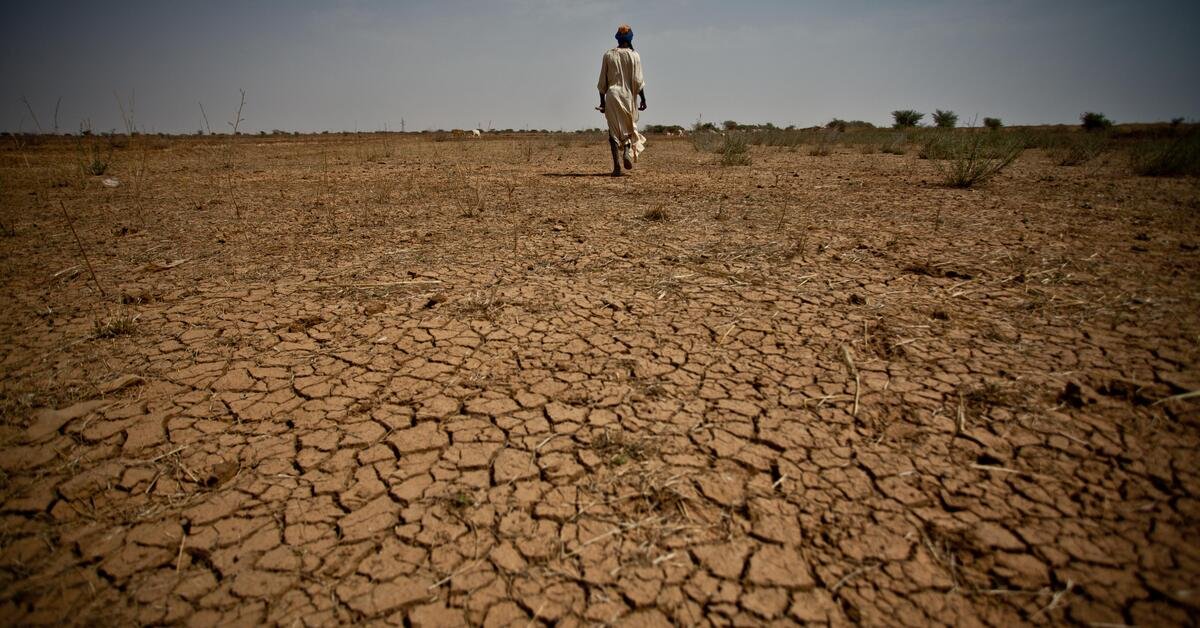
To achieve this, ADAC's four components are complementary:
Component 1:
international governance, sustainability science and an ‘open science’ database/knowledge exchange portal on the resilience of socio-ecosystems
Component 2:
doctoral and post-doctoral research into adaptation solutions
Component 3:
setting up priority adaptation and innovation zones, dedicated to the production of new knowledge in partnership with the players involved in the resilience of socio-ecosystems
Component 4:
research schools dedicated to building capacity for studying, understanding and managing socio-ecosystems.
The Ambition
Becoming a major catalyst for innovative adaptation solutions for the populations and ecosystems most vulnerable to climate change.
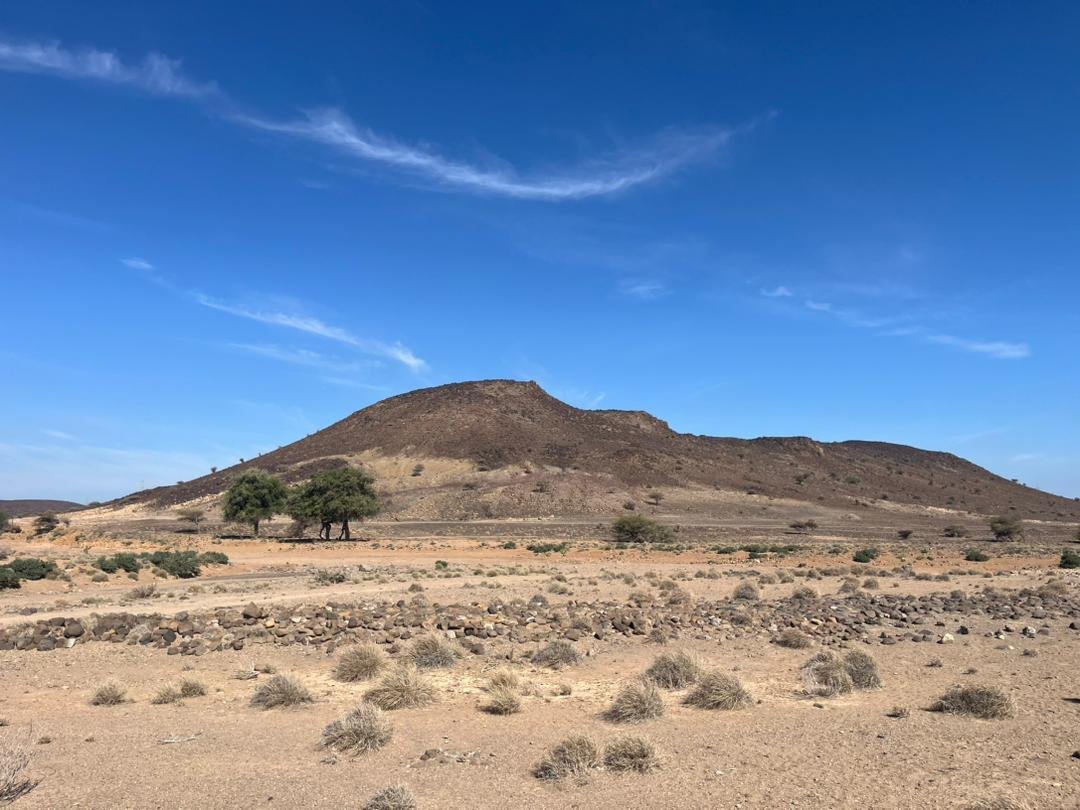
Why support ADAC
Capacity building in Africa, particularly at university level, is one of the priorities in the region and goes hand in hand with the explosion in the number of students and higher education establishments. At the same time, climate mitigation and adaptation, the fight against the collapse of biodiversity and the sustainable development objectives are also among the most recurrent priority areas of support for bilateral and multilateral cooperation. In this context, the disastrous impact of climate variability on the growing vulnerability of the populations of East Africa, with its tens of millions of displaced and vulnerable people on an inter-annual basis, bears witness to this: research, knowledge transfer and innovation have not significantly improved the functioning of socio-ecological systems, the viability of which is now under threat. With institutions and expertise becoming increasingly fragmented and isolated, new, complementary approaches are needed to support innovation and adaptation in these most vulnerable systems, through :
- synergies between scientists, local players and entrepreneurs, and donors
- strengthening the most vital capacities for knowledge exchange, innovation and transformation.
By initiating the first international doctoral alliance for climate adaptation, the ADAC project aims to create a regional space for research and innovation based on participatory and educational research geared towards solutions and local innovation, with priority given to the most vulnerable SES: semi-nomadic agro-pastoral systems, mangroves and coastal areas, lakes and rivers, mountain agro-ecosystems and peri-urban areas.
Why Join Us
Governance Structure
Lorem ipsum dolor sit amet, consectetur adipiscing elit. Ut elit tellus, luctus nec ullamcorper mattis, pulvinar dapibus leo.
Steering Committee
Scientific and Doctoral Committee
East African countries
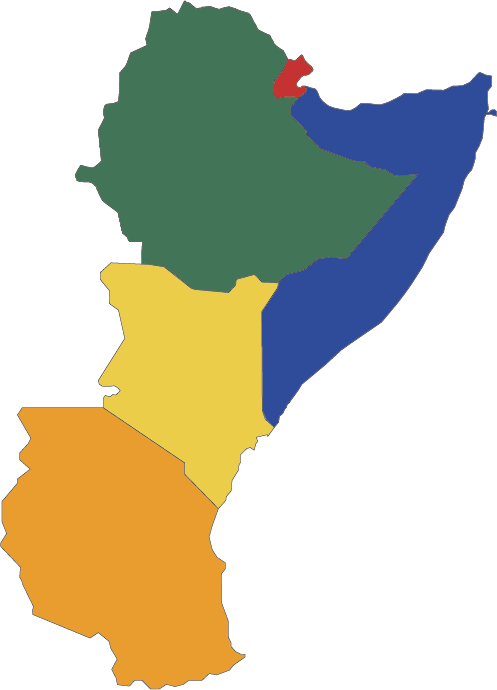
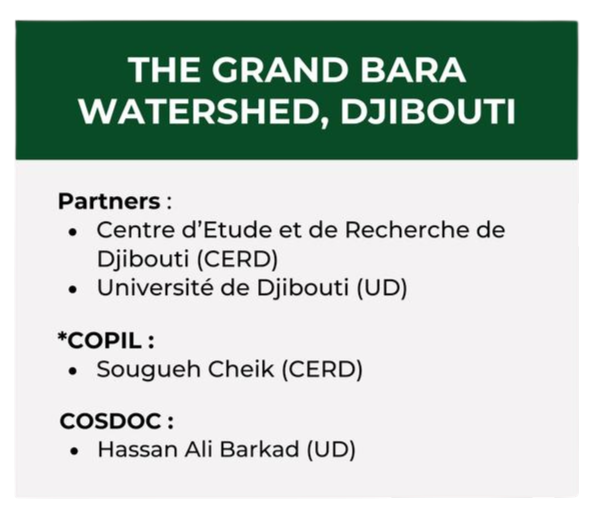
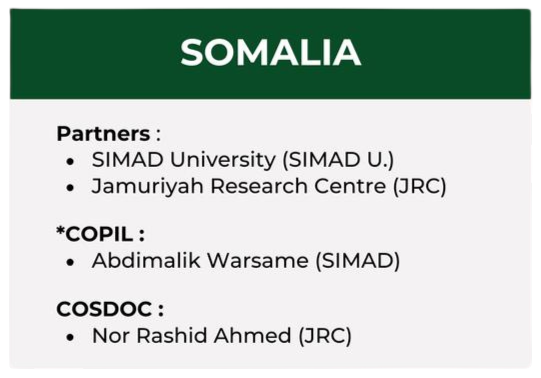



Partners
This alliance is sponsored by Djibouti’s Ministry of Higher Education and Research (MENSUR) and led by the Center for studies and research of Djibouti (CERD). It brings together a college of ESR partners from East Africa (Djibouti, Ethiopia, Tanzania, Kenya and Somalia), with a view to expanding to the whole of East Africa and beyond :














